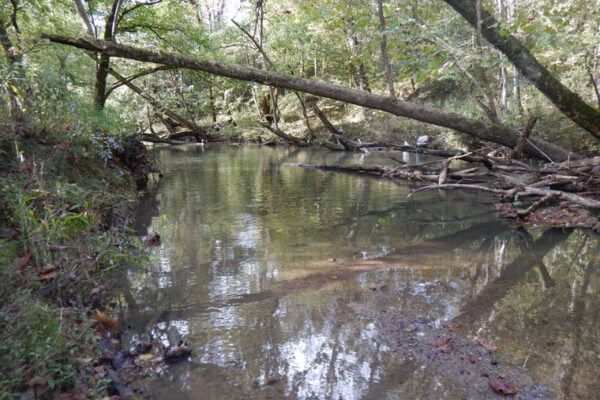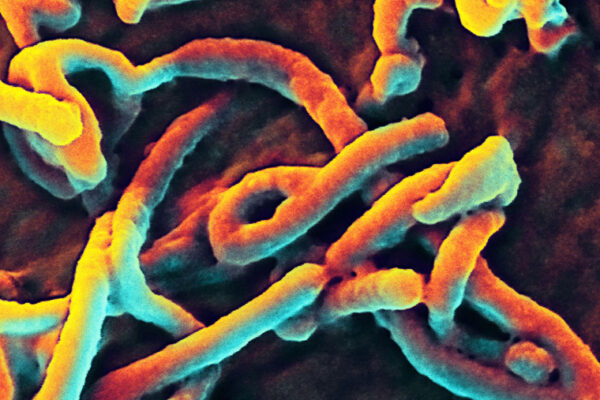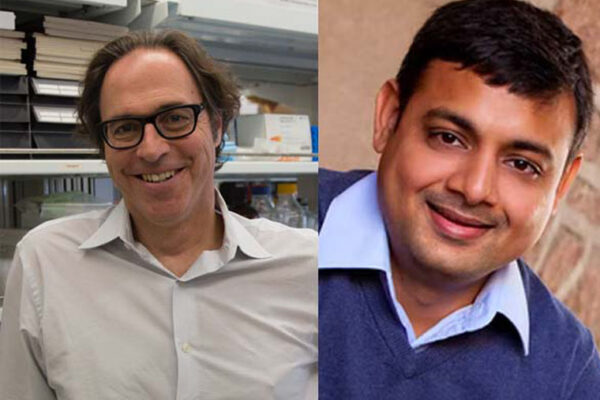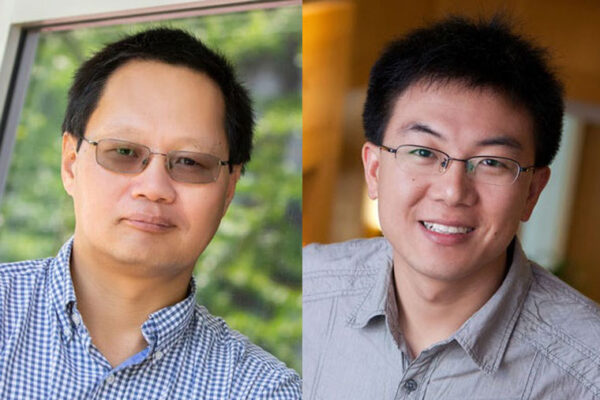Selenium removal from industrial wastewater focus of new research
A multi-institutional team led by an engineer at Washington University seeks to refine a method that would remove selenium from wastewater efficiently and cost effectively, thanks to a grant from the U.S. Department of Energy.
WashU Expert: Ethics of sentient AI
Yevgeniy Vorobeychik says discussions about AI sentience are, and always will be, misguided.
Bai, Nagulu, Zhang receive collaboration grants
Peng Bai, Aravind Nagulu and Ning Zhang, all assistant professors at the McKelvey School of Engineering, have been awarded $25,000 Collaboration Initiation Grants from the school.
Nagulu teams on DARPA grant
Aravind Nagulu at the McKelvey School of Engineering is co-principal investigator on a $2.4 million federal grant that will help develop filters for next-generation wireless systems.
Giving metal to microbes could reduce greenhouse gas
Collaborative research from the labs of Daniel Giammar and Jeffrey Catalano finds a lack of available metals may be responsible for more nitrous oxide than previously thought.
Rapid Ebola diagnosis may be possible with new technology
A new study from researchers at Washington University School of Medicine and colleagues at other institutions details a new tool that can quickly identify the presence of Ebola virus in blood samples. The technology has potential to be developed into a rapid diagnostic test.
Where are the particles over the oceans from?
Jian Wang, professor at the McKelvey School of Engineering, will lead a research team that will analyze field study data to better understand how aerosol particles form over open oceans and their impact on cloud properties with a three-year $457,778 National Science Foundation grant.
Researchers to study leader cells in breast cancer model
Gregory D. Longmore, MD, at the School of Medicine, and Amit Pathak, at the McKelvey School of Engineering, will study the cells that lead the migration of deadly tumor cells through the body with a five-year $2.54 million National Institutes of Health (NIH) grant.
Zhang lab takes on cyber-physical system hackers
Research from the lab of Ning Zhang at the McKelvey School of Engineering shows a new way to keep people safe when a hacker attacks.
Protein delivery may help treat diabetic limb problems
A $2.3 million National Institutes of Health (NIH) grant will fund Jianjun Guan and Fuzhong Zhang’s effort to develop and deliver therapeutic proteins to help treat injured limbs.
View More Stories









